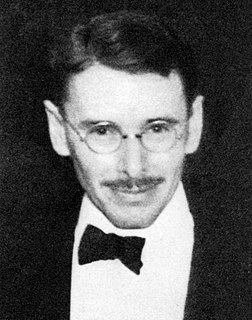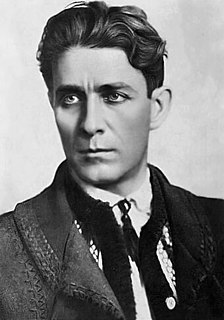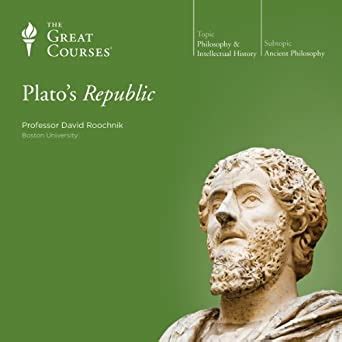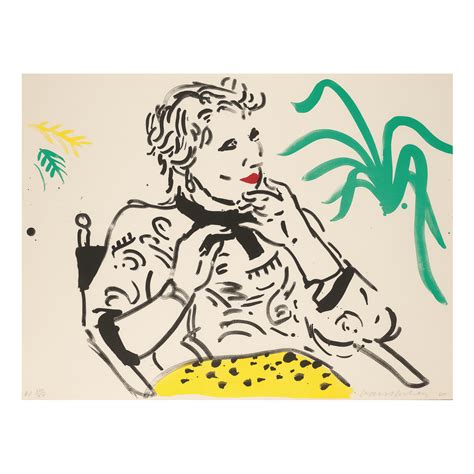A Quote by Michael Crichton
They didn't understand what they were doing. I'm afraid that will be on the tombstone of the human race.
Quote Topics
Related Quotes
People ask me many times, "Aren't you afraid you're going to scare people? Aren't you afraid you're going to make people feel bad about the human race?" I look at it as entirely the opposite. Something you can understand and identify should be less frightening than something you can't. And to understand that there are people who are capable of acting without conscience, without considering other people at all, explains a lot of things.
I think the ultimate sense of security will be when we come to recognize that we are all part of one human race. Our primary allegiance is to the human race and not to one particular color or border. I think the sooner we renounce the sanctity of these many identities and try to identify ourselves with the human race the sooner we will get a better world and a safer world.
We're just afraid, period. Our fear is free-floating. We're afraid this isn't the right relationship or we're afraid it is. We're afraid they won't like us or we're afraid they will. We're afraid of failure or we're afraid of success. We're afraid of dying young or we're afraid of growing old. We're more afraid of life than we are of death.
And when the sun rises we are afraid it might not remain when the sun sets we are afraid it might not rise in the morning when our stomachs are full we are afraid of indigestion when our stomachs are empty we are afraid we may never eat again when we are loved we are afraid love will vanish when we are alone we are afraid love will never return and when we speak we are afraid our words will not be heard nor welcomed but when we are silent we are still afraid So it is better to speak remembering we were never meant to survive
If you want to understand what it means to be afraid, what fear as experienced by human beings is, then your focus must shift. No longer will you be satisfied with mechanical, physiological, neurological accounts. For this inquiry will require you to observe closely what human beings feel, sing, think, write and say to one another.
Death, torture and prison are part of daily life for the youth of Iran. They are not like us, my friends and I at their age; they are not scared. They are not what we were. They hold hands and scream: “Don’t be afraid! Don’t be afraid! We are together!” They understand that no one will give them their rights; they must go get them.
Death, torture and prison are part of daily life for the youth of Iran. They are not like us, my friends and I at their age; they are not scared. They are not what we were. They hold hands and scream: 'Don't be afraid! Don't be afraid! We are together!' They understand that no one will give them their rights; they must go get them.

































